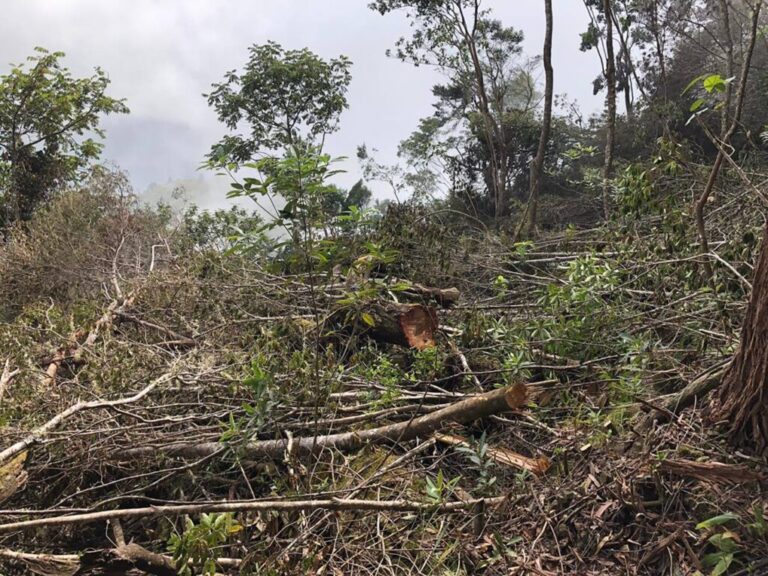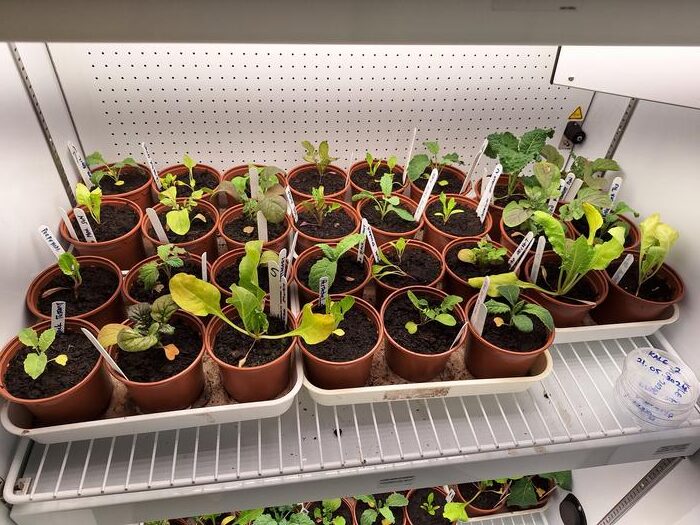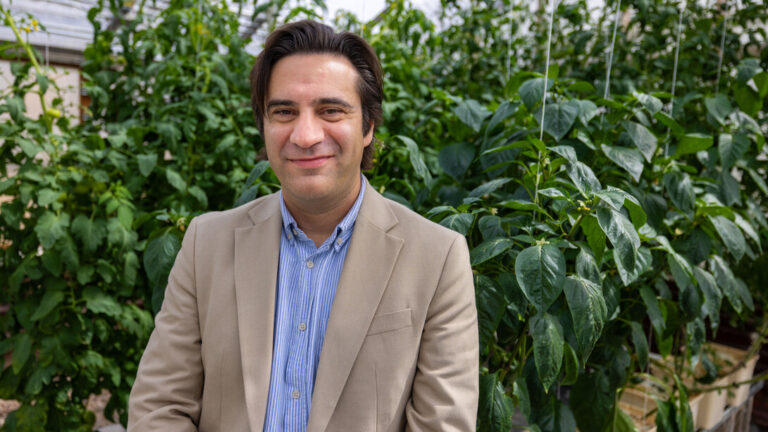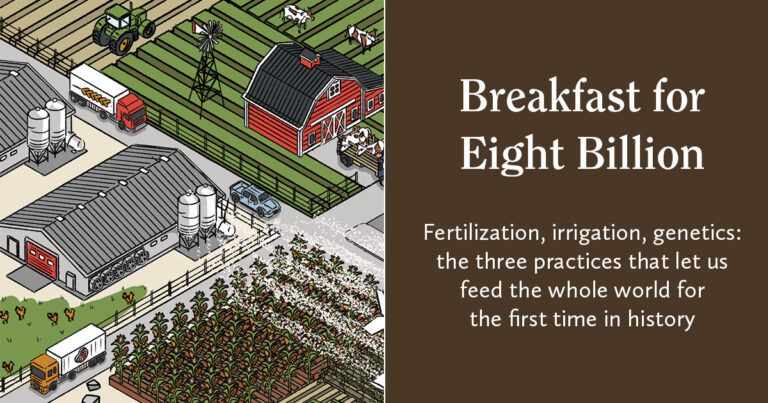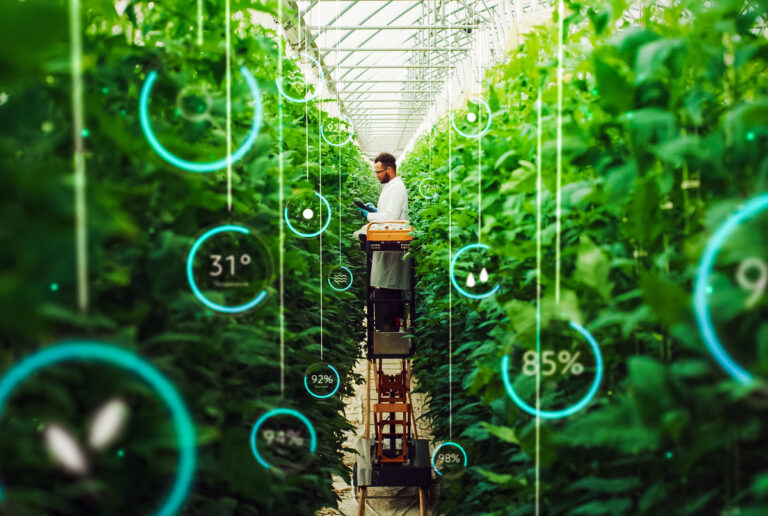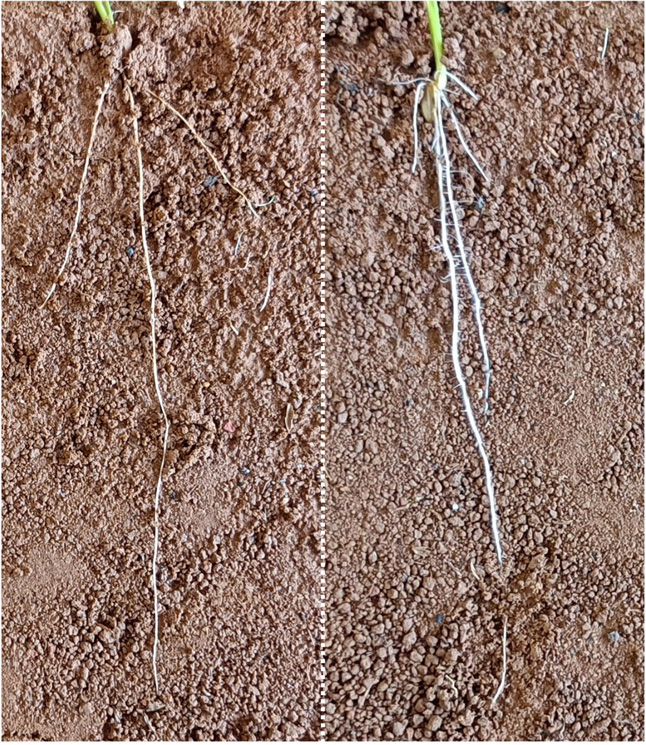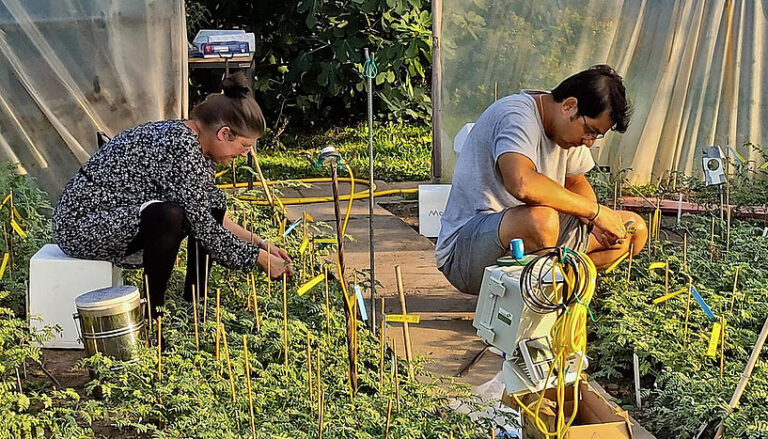Combating food insecurity
Recent events in Gaza have highlighted the significance of food security. Hundreds of deaths in the region in recent weeks are attributed to lack of food. The situation underscores how access to food is critical to stability, nutrition, and well-being. The term food insecurity has become a buzzword nationally and internationally. The forecast about this…

